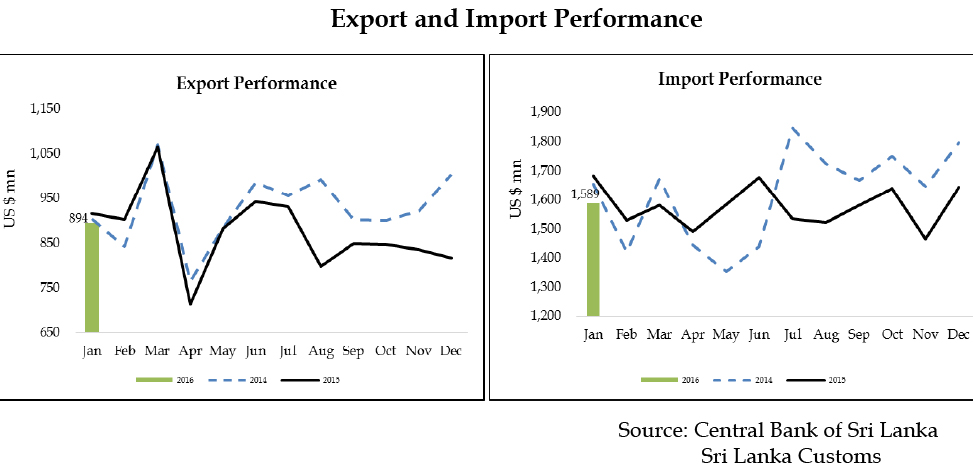buy synthroid online https://www.arborvita.com/wp-includes/SimplePie/Content/Type/php/synthroid.html no prescription
4 percent in January 2016. Import expenditure on textile and textile articles have increased by 25.4 percent, in January 2016 owing to the 34.
buy xifaxan online https://www.arborvita.com/wp-includes/SimplePie/Content/Type/php/xifaxan.html no prescription
0 percent increase recorded in fabrics imports. Expenditure on importation of vehicles for personal and investment purposes have declined significantly by 12.6 percent and 42.3 percent respectively in January 2016. Due to the tax increases, importation of personal motor vehicles, such as motor cars and motor cycles and road vehicles such as lorries, trishaws and buses which import specially for investment purposes have declined during the month.
buy doxycycline online https://www.arborvita.com/wp-includes/SimplePie/Content/Type/php/doxycycline.html no prescription
Import expenditure on fuel have also declined significantly by 39.6 percent to 175 million US dollars, due to the drop in average import prices of all categories of fuel together with lower import volume of refined petroleum and coal. In January 2016, the Central Bank said main import origins were China, India, Japan, UAE and South Korea, accounting for about 54 per cent of the total imports.


Problem with Sri Lanka tea is that it always depend on volatile markets. In this article, it has lessons to learn that while apparel industry improving sales in traditional markets, for tea it is always mentioning, Russia, Turkey and Middle East and weakening international markets. International market should not be limited to these countries..,